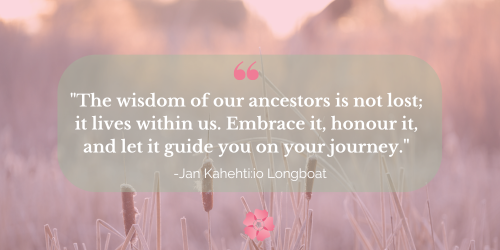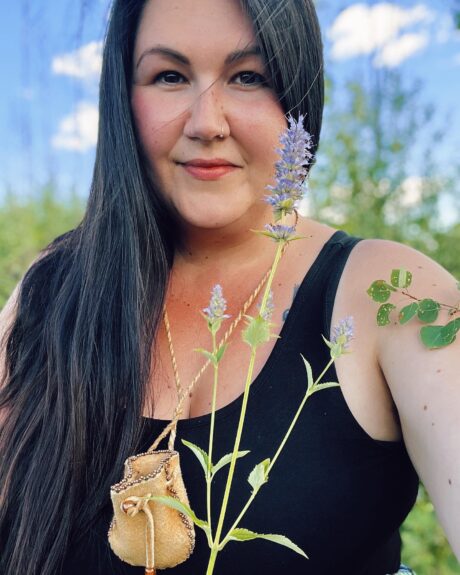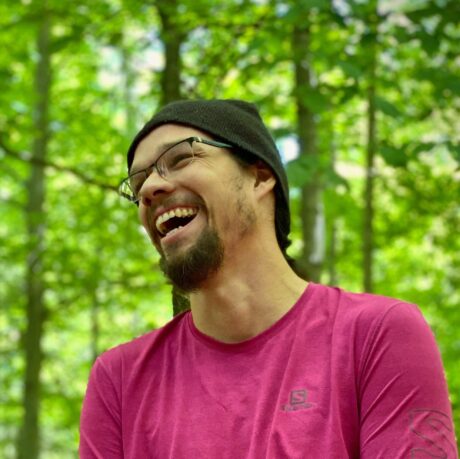- By: Marketing & Communications Team
- June 9, 2023

Heart Medicine in the Dark Season: Emotional & Cardiovascular Support in Winter
Winter draws us inward. The days are shorter, the air is heavier, and for many of us, the heart feels a little more tender this time of year. In herbal medicine, the heart is never just a pump. It is the seat of emotional circulation, connection, rhythm and warmth. In the dark season, when external […]






